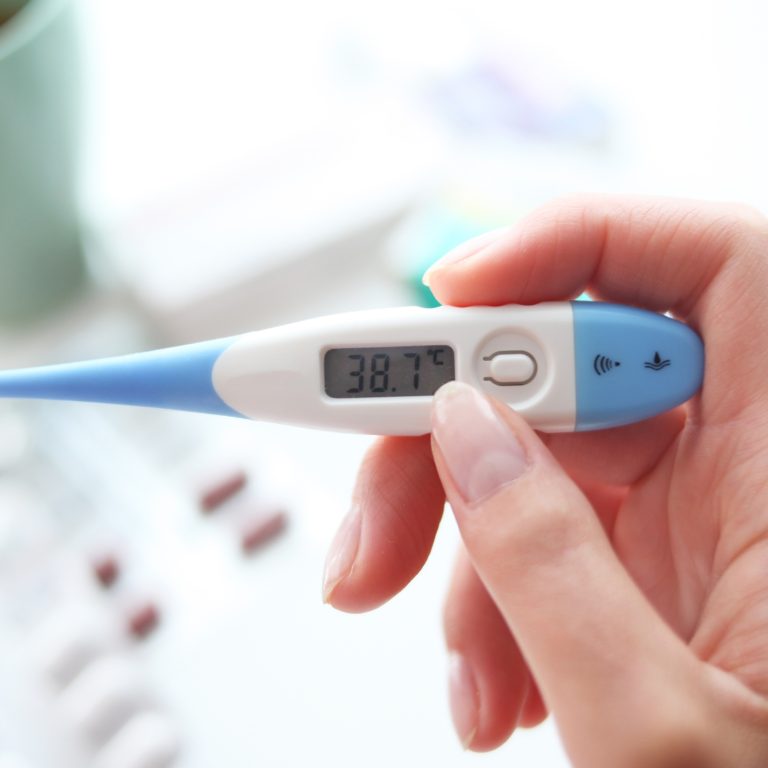We’ve all battled the common cold at some point in our lives. As frustrating as it is, it’s inevitable to catch, especially during the colder months when people spend more time together indoors, increasing the spread of viruses.
Luckily, most of us get back to our normal selves after a week or so. But, if the cold has caused other complications, leading to more infections, recovery may be longer. Experiencing colds and hearing loss is a little more uncommon that some may find worrisome. Here, we’ll explore the symptoms of hearing loss after a cold, as well as treatment options and preventative measures.



